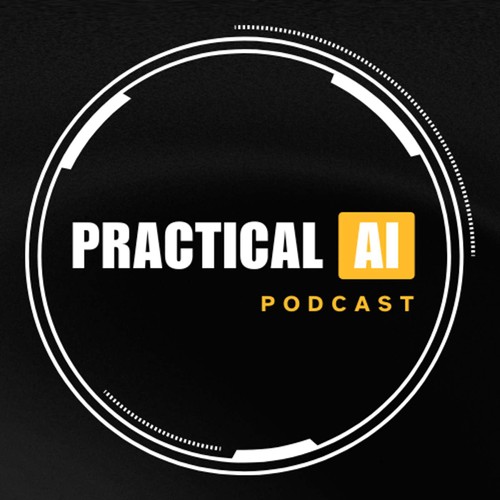
 Practical AI
Practical AI AI's role in reprogramming immunity
4 snips
Jun 28, 2022 Drausin Wulsin, Director of Machine Learning at Immunai, shares his expertise in using AI for immunotherapy and genomics. He discusses how AI transforms the treatment landscape for cancer and autoimmune diseases. The conversation dives into the creation of the AMICA database, which holds tens of millions of immune cells, and the innovative use of transfer learning to enhance biological research. The challenges of integrating AI into immunology and the future potential of AI in biotechnology highlight a fascinating intersection of technology and health.
AI Snips
Chapters
Transcript
Episode notes
Advancements in Genomics Driven by Data and Algorithms
- AI algorithms and experimental techniques in genomics are in a race, each pushing the other forward.
- Experimental techniques might be advancing even faster than algorithms, enabling richer data profiling.
Single-Cell Data: A Multifaceted View
- Single-cell data includes measurements of DNA activity (what genes are being copied), messenger RNA (mRNA) counts, and protein production.
- These data points reveal a cell's function, history, and future state but have tradeoffs in scope and quality.
Immunotherapy: Coaching the Body's Defense
- Immunotherapy leverages the immune system's existing power by enhancing its abilities to fight diseases like cancer.
- It's like 'coaching' the immune system with minor adjustments, enabling it to be more effective.
